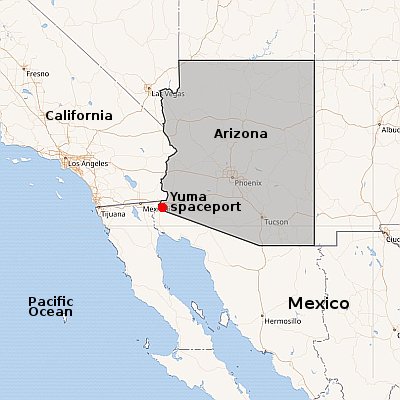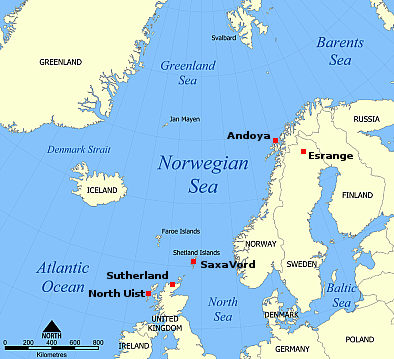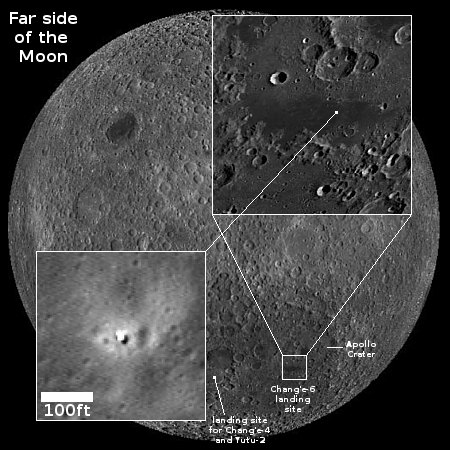Panama and Austria to sign Artemis Accords
NASA yesterday announced that both Panama and Austria will sign Artemis Accords tomorrow, bringing the total number of nations in the alliance to fifty.
The full list of nations now part of this American space alliance: Angola, Argentina, Armenia, Australia, Austria, Bahrain, Belgium, Brazil, Bulgaria, Canada, Chile, Colombia, Cyprus, Czech Republic, Denmark, Dominican Republic, Ecuador, Estonia, France, Germany, Greece, Iceland, India, Israel, Italy, Japan, Lithuania, Luxembourg, Mexico, the Netherlands, New Zealand, Nigeria, Panama, Peru, Poland, Romania, Rwanda, Saudi Arabia, Singapore, Slovakia, Slovenia, South Korea, Spain, Sweden, Switzerland, the United Kingdom, the United Arab Emirates, the Ukraine, the United States and Uruguay.
The accords were created by the first Trump administration with the goal to create an alliance with enough clout to overcome the Outer Space Treaty’s restrictions on private property. Under the Biden administration, the goal has been rewritten to accomplish the exact opposite, as noted by NASA yesterday:
The Artemis Accords are grounded in the Outer Space Treaty and other agreements including the Registration Convention, the Rescue and Return Agreement, as well as best practices and norms of responsible behavior that NASA and its partners have supported, including the public release of scientific data.
With Trump back in charge, expect him to bring the accords back to its original goal. Unlike his first term, the alliance is now large, and he can use it to quickly apply pressure on the international community to overcome the Outer Space Treaty’s limitations on private property.
NASA yesterday announced that both Panama and Austria will sign Artemis Accords tomorrow, bringing the total number of nations in the alliance to fifty.
The full list of nations now part of this American space alliance: Angola, Argentina, Armenia, Australia, Austria, Bahrain, Belgium, Brazil, Bulgaria, Canada, Chile, Colombia, Cyprus, Czech Republic, Denmark, Dominican Republic, Ecuador, Estonia, France, Germany, Greece, Iceland, India, Israel, Italy, Japan, Lithuania, Luxembourg, Mexico, the Netherlands, New Zealand, Nigeria, Panama, Peru, Poland, Romania, Rwanda, Saudi Arabia, Singapore, Slovakia, Slovenia, South Korea, Spain, Sweden, Switzerland, the United Kingdom, the United Arab Emirates, the Ukraine, the United States and Uruguay.
The accords were created by the first Trump administration with the goal to create an alliance with enough clout to overcome the Outer Space Treaty’s restrictions on private property. Under the Biden administration, the goal has been rewritten to accomplish the exact opposite, as noted by NASA yesterday:
The Artemis Accords are grounded in the Outer Space Treaty and other agreements including the Registration Convention, the Rescue and Return Agreement, as well as best practices and norms of responsible behavior that NASA and its partners have supported, including the public release of scientific data.
With Trump back in charge, expect him to bring the accords back to its original goal. Unlike his first term, the alliance is now large, and he can use it to quickly apply pressure on the international community to overcome the Outer Space Treaty’s limitations on private property.










